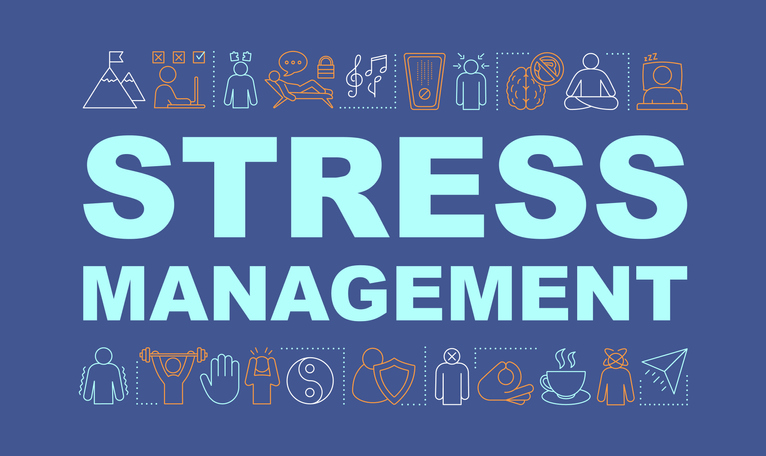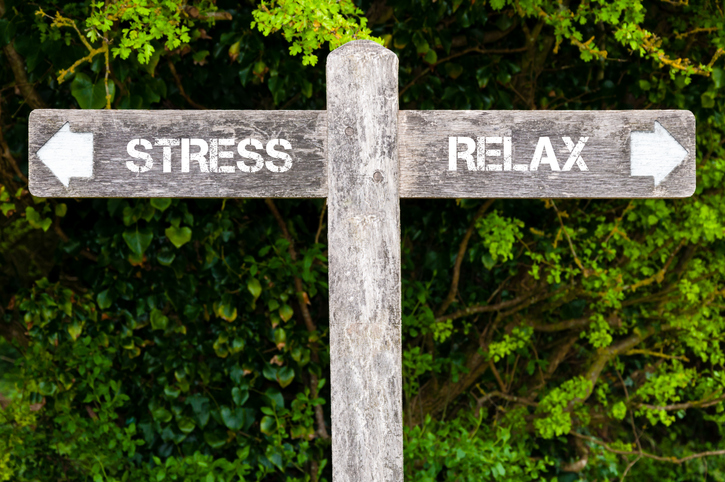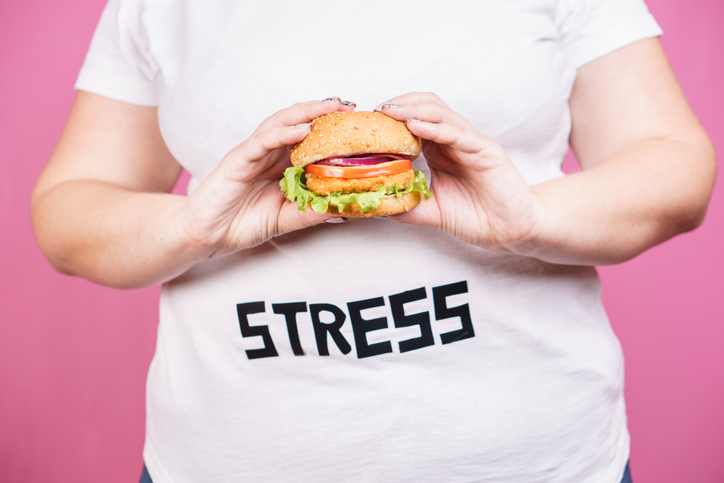Wellness
The 8 Worst Ways to Cope With Stress
Source: American Psychological Association, Cleveland Clinic, Harvard, Healthline, Mayo Clinic , Healthline, Mayo Clinic, Everyday Health, Mayo Clinic

12 people found this helpful
Print
Share
Save
Stress can be managed in various ways, but not all coping techniques are created equal. Most stress management techniques have positive effects on the mind and body; however, some coping mechanisms can be harmful to overall health, relationships, or careers. While these responses may seem to help in the moment, they do not improve the situation or the body’s response to it, and they often come with their own consequences. Here are eight of the worst ways to cope with stress:
- Drinking too much alcohol
While alcohol may relieve stress momentarily, consistent overindulgence can lead to several negative health consequences, including addiction, depression, liver disease, heart problems, and other serious health conditions. - Taking drugs
Illegal drugs, prescription drugs, or over-the-counter drugs, such as sleeping pills, are sometimes used to cope with stress. However, similar to alcohol, these drugs do not solve the problem or improve the body’s stress response. Serious health or legal consequences may also occur. - Smoking cigarettes
For habitual smokers, smoking a cigarette can create a short-term calming effect. However, the use of cigarettes increases stress levels in the body, harms the respiratory system, and contributes to serious illnesses. - Comfort eating
While eating can provide comfort and distraction from a stressful situation, comfort eating and overeating can lead to guilt and shame, as well as weight gain, obesity, and obesity-related illnesses. Maintaining a healthy diet can actually reduce stress. - Sleeping too much
Sleep provides a temporary reprieve from reality, but the problem remains upon waking. In addition, long naps can interfere with sleep at night, and too much sleep in general can interfere with work, school or other important tasks. Healthy adults should aim to get seven to nine hours of sleep each night. - Withdrawing from loved ones
Isolation can negatively affect mood and outlook, which can increase stress. Spending time with friends and family who listen and provide support is important. - Taking stress out on others
Lashing out at others can release some pent-up tension, but it also negatively impacts relationships. When coping with stress, breathing and decompressing before reacting to an upsetting situation is essential. - Increasing screen time
Whether constantly watching the news or frequently refreshing social media feeds, too much screen time can increase stress levels. Screen time should be limited, allowing plenty of time to disconnect.
By avoiding these ineffective and harmful ways to deal with stress or replacing them with healthy stress management techniques, stress can be reduced and mental and physical health can be improved.


















